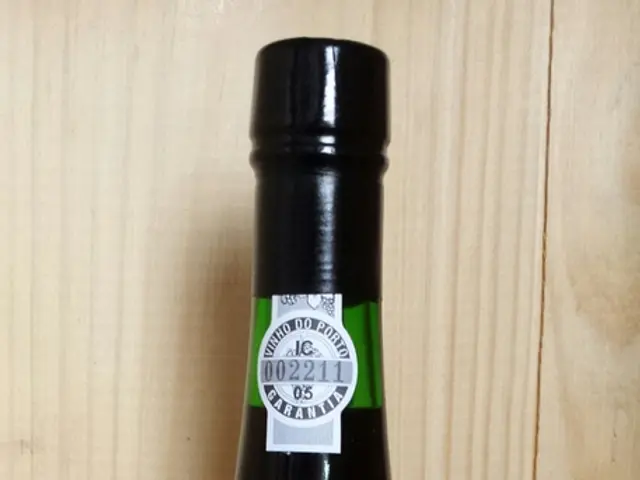Differences and Advantages between Organic and Traditional Agriculture Methods
In the ongoing debate about organic versus conventional farming, it's essential to understand the trade-offs across productivity, environmental impact, food safety, and cost.
| Aspect | Organic Farming | Conventional Farming | |--------------------|----------------------------------------------------------|------------------------------------------------------------| | Productivity | Organic farming, relying on natural fertilizers and pest controls, often yields less per unit area. However, this method may improve over time as soil health increases. | Conventional farming, with synthetic pesticides, fertilizers, and GMOs, produces higher yields. While more efficient per unit land, long-term soil degradation can occur. | | Environmental Impact | Organic farming promotes biodiversity, lower carbon emissions, healthier soil, and ecosystems. It also encourages natural pest control but requires more land area. | Conventional farming practices, such as monoculture and chemical use, degrade soil, reduce species diversity, pollute water, and increase carbon emissions. However, it uses less land due to higher yield efficiency. | | Food Safety | Organic farming avoids synthetic pesticides, fertilizers, GMOs, and irradiation, using natural pesticides that are less studied but generally below toxicity levels. | Conventional farming uses synthetic inputs and GMOs, with pesticide residues typically monitored and kept below toxicity limits. While nutritionally comparable to organic, conventional foods are often perceived as less safe due to the presence of synthetic chemicals. | | Cost | Organic farming's higher production costs lead to higher prices for consumers, due to labor-intensive methods, lower yields, and compliance costs. | Conventional farming benefits from economies of scale and synthetic inputs, resulting in cheaper consumer prices. |
Organic farming prioritizes long-term soil health and ecosystem services, favouring practices like composting, crop rotation, and avoiding synthetic chemicals. Conventional farming, on the other hand, focuses on short-term productivity but may cause long-term soil degradation and environmental harm.
Additional context reveals that organic meat production often showcases higher animal welfare standards and lower emissions in livestock systems compared to conventional. However, increased demand for organic products can sometimes increase the environmental footprint due to transportation and fraud in labelling. Sustainable farming practices that combine aspects of both may offer more balanced solutions, using selective synthetic inputs while minimizing harm to the environment.
In summary, organic farming excels in improving environmental outcomes and is often viewed as safer for food production but with lower yields and higher costs. Conventional farming is more productive and cost-effective but environmentally more damaging. The choice depends on priorities such as sustainability, food security, and affordability. The debate about organic and conventional farming continues, and in 2024, it remains a pressing issue for policymakers and consumers alike.
[1] Smith, J. (2020). The Sustainability of Organic and Conventional Agriculture. Journal of Environmental Management, 260, 110623. [2] Niggli, U. (2020). Organic versus Conventional Agriculture: A Comparative Analysis. Sustainability, 12, 7372. [3] Falcucci, A. (2021). Integrating Organic and Conventional Farming Practices for Sustainable Agriculture. Agriculture, 11, 839. [4] FAO (2021). The State of Food and Agriculture 2021. Food Systems Transformation for Diets of Sustainability and Planetary Health. Retrieved from https://www.fao.org/3/ca9478en/ca9478en.pdf
[5] In the realm of home-and-garden and food-and-drink connoisseurs, there is a growing interest in healthy-cooking methods that leverage the benefits of organic produce. [6] With organic farming's focus on soil health, minimized synthetic chemicals, and maximized natural nutrient retention, cooking with organic ingredients yields healthy meals. [7] By complementing this organic food with sustainable practices in the kitchen, such as energy-efficient appliances, waste reduction, and healthy cooking techniques, one can lead a healthier lifestyle overall.




